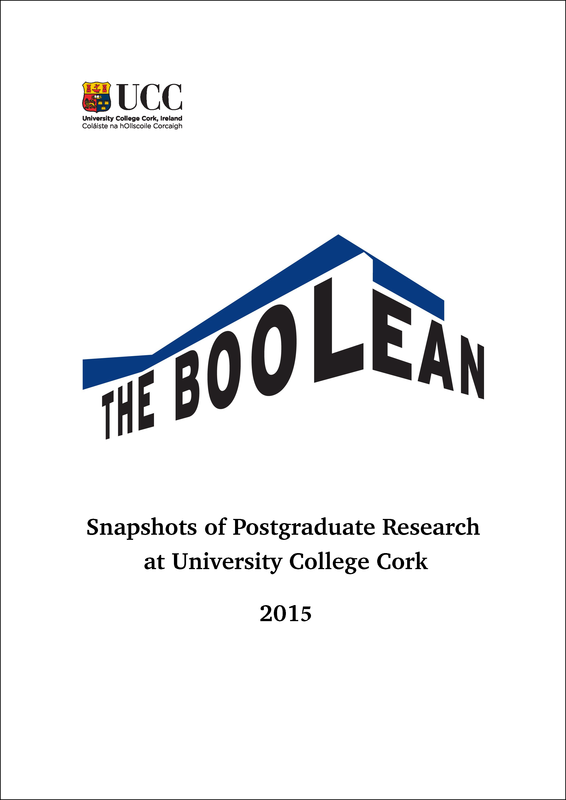Holy humour: Vernacular saints’ lives in England, 900 – 1300
DOI:
https://doi.org/10.33178/boolean.2015.18Abstract
A modern audience, seeking literary entertainment in the form of adventure, gruesome violence and humorous word-play, would be unlikely to turn to saints’ lives – particularly those written a thousand years ago. Medieval religious texts, and the people who wrote and copied them, are not usually associated with levity: rather, they are generally perceived as pious, holy, and serious – as are the homiletic and didactic works which they wrote. Is it so improbable, however, that holy texts conveying a serious meaning are entirely different creatures to texts which entertain (such as the Exeter Book Riddles)? The two genres are not necessarily mutually exclusive. While society today may find it strange, or even bizarre, to equate religious texts with humour, this coupling of seemingly incongruous qualities was not unusual for medieval societies, where the line between sacred and profane was often blurred. This can be seen in medieval texts themselves, ...References
Published
2015-01-01
Issue
Section
Articles
License
Copyright (c) 2015 the author(s)

This work is licensed under a Creative Commons Attribution-NonCommercial-NoDerivatives 4.0 International License.



